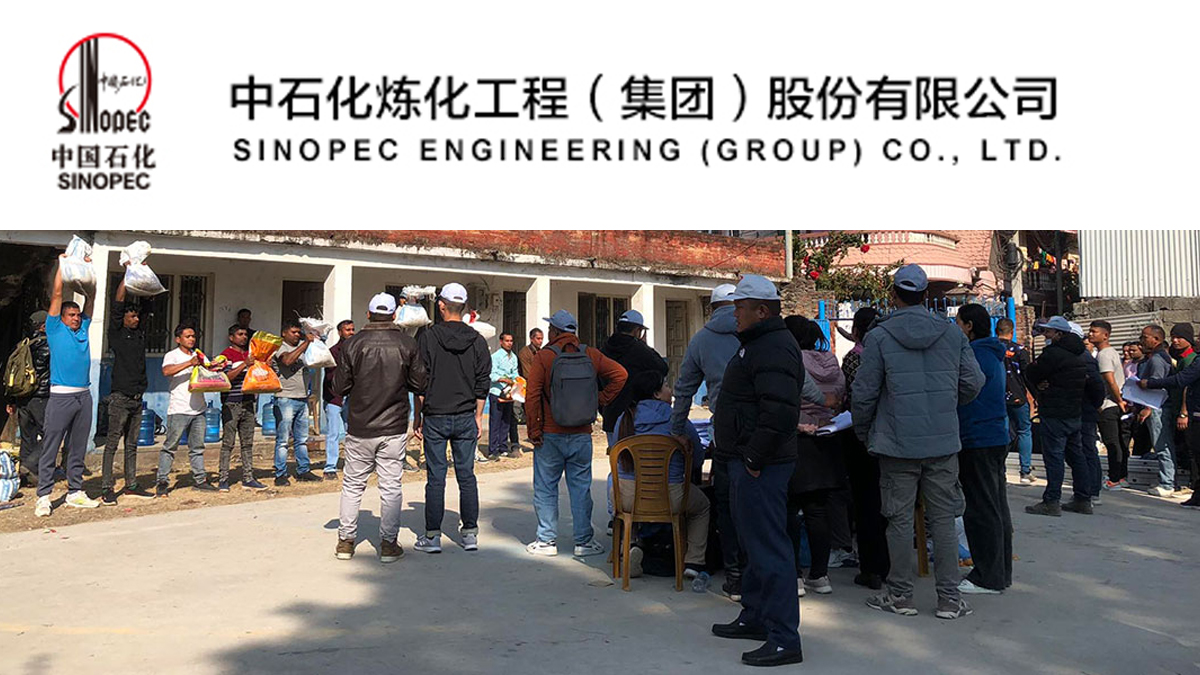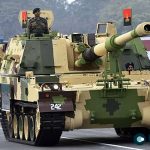
Chinese Companies Active in Recruiting Nepali Workers for Russia Amidst Growing Concerns
In a surprising turn of events, it has been discovered that Chinese companies in Kathmandu are actively involved in recruiting Nepali workers to be deployed in Russia, despite the recent fatalities of six Nepali nationals in the Russia-Ukraine war. The alarming situation has raised concerns about the safety and motivations behind such recruitment efforts.
The revelation comes on the heels of Foreign Minister NP Saud’s recent announcement about the disappearance and injuries of around 100 Nepalis involved in the Russia-Ukraine conflict. Six Nepali individuals have lost their lives, having enlisted in various roles within the Russian army.
Journalist Monika Waiba, reporting for Nepali online platform Ukeraa, disclosed that a Chinese company in Kathmandu, identified as Sinopec Engineering Group, is actively conducting interviews to recruit Nepali workers bound for Russia. Sinopec, a Chinese-invested company specializing in engineering and construction services, is situated in Beijing.
According to Waiba’s report, the recruitment process involves physical tasks such as lifting sandbags, with qualifications seemingly focused on physical strength rather than specific skills or expertise.
The interviews take place near the Sinamangal Corridor in Kathmandu, where representatives of Sinopec ask aspiring workers to lift sandbags. The selection criteria, as per the report, appear to favor those who can endure physical tasks repetitively. A security guard at the site mentioned that more than 10,000 individuals have applied, with 300 workers being the requested number.
Candidates are observed lifting a sack until instructed to stop, and those who adhere to the instructions are selected. Laughter from the Chinese representatives accompanies this process. The selected candidates then proceed to the Manpower office for medical examinations.
Amidst the crowd, there is a noticeable presence of individuals from Madhesh province, predominantly aged between 28 and 40. Despite concerns about the ongoing conflict between Russia and Ukraine, individuals selected for recruitment seem more apprehensive about the Chinese recruiters than the potential war zone.
Responding to queries about the conflict, selected individuals emphasize that the company is situated far from the war-torn regions, downplaying the immediate risks associated with the ongoing conflict.
Candidates are informed that if they accept a monthly salary of $600, they must pay between 4 lakhs to 5.5 lakhs to secure their position and departure. The selected individuals are then sent for immediate medical examinations, with plans for their departure within the next two months.
The revelation of Chinese companies actively recruiting Nepali workers for roles in Russia raises serious questions about the ethical and safety considerations involved in such practices. The Nepalese government and relevant authorities may need to investigate the motivations behind these recruitment efforts to ensure the well-being and rights of the Nepali workforce involved.













Comments